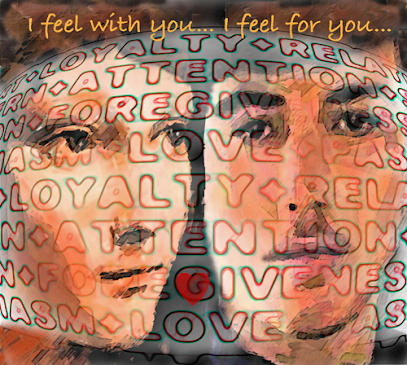Universal Human Rights: Legal Foundations, Challenges, and Moral Imperatives
Universal Human Rights: Legal Foundations, Challenges, and Moral Imperatives
The discourse on universal human rights occupies a paramount position within the legal framework underpinning contemporary international relations. These rights function as normative benchmarks, delineating the permissible confines within which sovereign governments are expected to conduct themselves vis-à-vis their citizenry. Their putative universality serves to mitigate capricious disparities in the treatment of individuals across divergent sociopolitical landscapes. Nonetheless, the perennial conundrum persists: by what precise criteria are these ostensibly universal rights demarcated and recognized within the assemblage of global legal and ethical systems?
A prevalent jurisprudential school of thought posits that rights are inexorably tethered to the political architecture within which individuals reside. According to this constructivist paradigm, the genesis and recognition of rights are contingent upon one’s integration into a specific polity, materializing through the positive enactments of that community’s legal order. Within this schema, the state possesses both the prerogative to confer and, at times, to rescind certain rights, a phenomenon most vividly instantiated in judicial proceedings where codified legal safeguards, such as due process and protection against arbitrary detention, are critically adjudicated. Consequently, rights emerge not as preordained entitlements but as artifacts sculpted by prevailing legal and constitutional instruments.
Yet, this positivist conceptualization is beset by intrinsic limitations, especially when juxtaposed with the far-reaching human rights doctrine espoused by global conventions. The brute fact remains that a multiplicity of political entities lack explicit legal codification of such universal rights, rendering individuals susceptible to egregious violations. This ontological lacuna accentuates the imperative for embedding an internationally sanctioned catalogue of rights within the corpus of global jurisprudence, transcending the vagaries of domestic statutory ambiguity.
Complicating this ambition, however, is the problematic characterization of these rights as binding “international law.” Presently, the so-called international legal order is largely constituted by treaties in which nation-states voluntarily pledge to refrain from maltreatment of their populations. Notwithstanding these covenants, enforcement regimes remain anemic; punitive measures seldom move beyond economic sanctions or, in extremis, militancy, thereby exposing the normative infirmity of international human rights instruments in contrast to the coercive efficacy of domestic legislation.
Despite such deficiencies, the pursuit of a universally acknowledged standard for human rights is by no means a Sisyphean endeavor. Rather, these international articulations, albeit lacking robust juridical enforceability, encode an indispensable philosophical and moral substratum regarding the essence of human entitlements. Prior to their ossification in legal texts, there must be a normative interrogation concerning which rights are inherently inviolable. This prelegal, aspirational discourse signals that certain rights may precede and transcend positivist law, serving as enduring moral lodestars by which governmental action is both measured and inspired.
WORDS TO BE NOTED-
-
Paramount – Of utmost importance; supreme.
-
Putative – Generally considered or reputed to be.
-
Sovereign – Possessing supreme or ultimate power.
-
Jurisprudential – Relating to the theory or philosophy of law.
-
Constructivist – Pertaining to a theory that views phenomena as constructs rather than inherent truths.
-
Codification – The process of arranging laws or rules into a systematic code.
-
Positivist – Relating to the view that law is the product of formally enacted rules rather than inherent values.
-
Ontological – Concerning the nature of being or existence.
-
Ossification – The process of becoming rigid or fixed in form.
-
Lodestars – Principles or ideals that serve as guides or inspirations.
PARA SUMMARY-
Universal human rights are crucial in global law, guiding how governments should treat people fairly everywhere. While many see rights as something granted by a country’s laws, critics point out that not all governments have laws that match the international ideals of human rights. This gap highlights the need for recognized global standards. However, calling these standards “international law” can be misleading because international agreements about rights often lack strong enforcement, relying mostly on agreements and weak punishments like sanctions. Still, establishing universal human rights is valuable. These standards may not be as strong as local laws, but they act as a moral guide for all nations and help to shape future laws. The ongoing international conversation about which rights everyone should have is vital and shows that human rights are also about shared values, not just written rules.
SOURCE- SOCIOLOGY UPSC NOTES
WORDS COUNT - 490
F.K SCORE - 15.5




Comments
Post a Comment